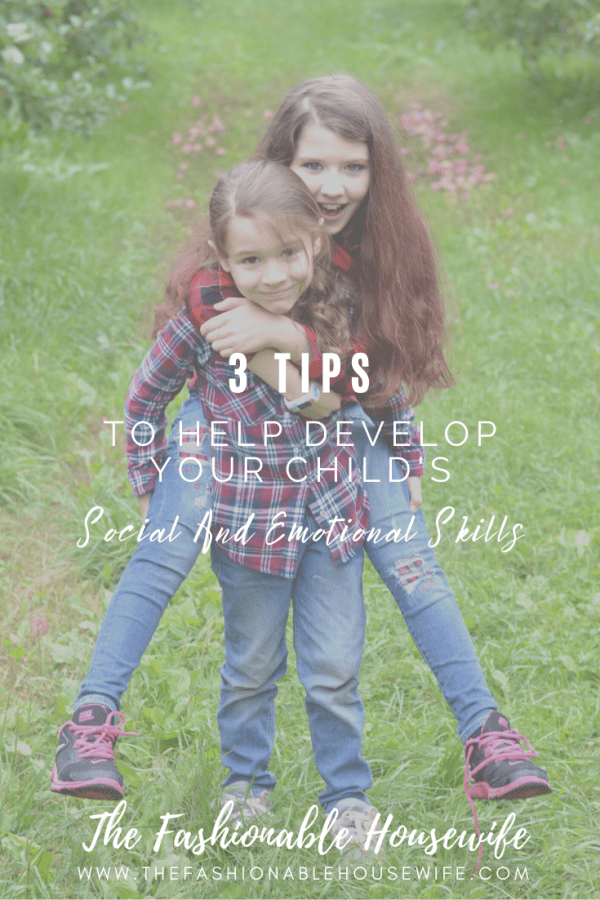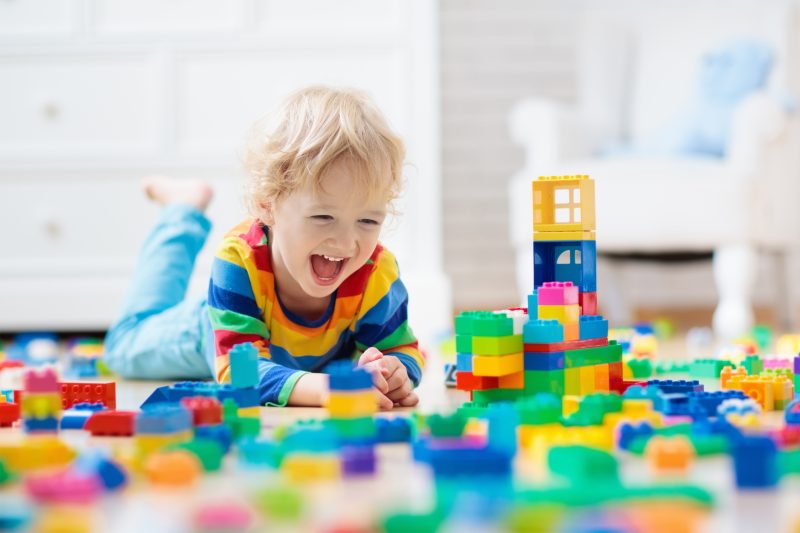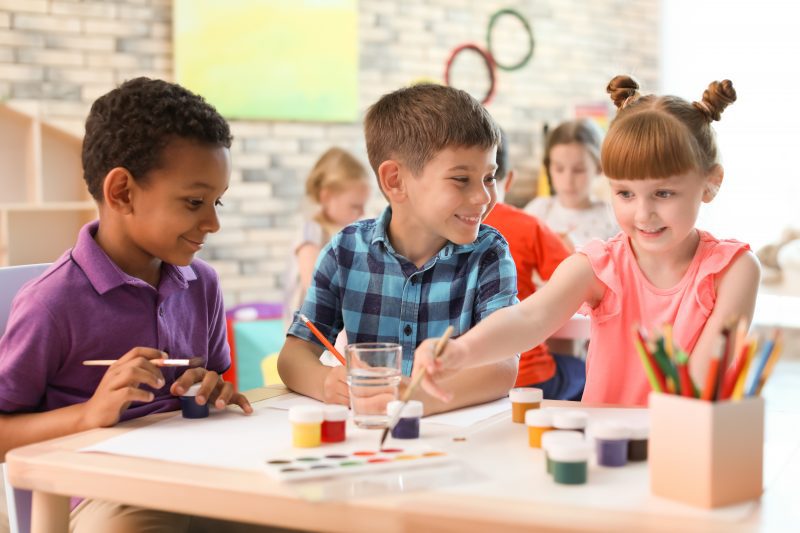
Every child needs to develop social and emotional skills for them to grow up into healthy and functional adults. Social skills include effective communication, showing empathy and respect, active listening, and developing good interpersonal relationships. On the other hand, some examples of emotional skills include having a positive self-image, self-control, taking pride in accomplishments, and being sensitive to other people’s feelings.
Disrupted social and emotional skills can lead to maladaptive coping mechanisms and mental health disorders. Therefore, parents must ensure that children develop these essential skills as early as possible. Below are some helpful tips to help develop your child’s social and emotional skills:
Work With Professionals

If you’re a first-time parent, you can work with professionals who can guide you in every stage of your child’s development. This includes a pediatrician, child psychologist, and social worker.
Here are the roles of each professional in developing your child’s social and emotional skills:
- Pediatrician: A pediatrician specializes in a child’s growth and development. Pediatricians can assess and treat common pediatric conditions that can affect a child’s social and emotional well-being. Some examples of these conditions include Attention Deficit Hyperactivity Disorder (ADHD) and Dravet Syndrome, a form of childhood epilepsy.
- Child Psychologist: A child psychologist can assess early signs and symptoms of social and emotional problems and even mental health issues like Autism in children. They are highly knowledgeable and skilled in conducting different series of tests and assessments such as testing children’s intelligence quotient (IQ) and emotional quotient (EQ).
- Social Worker: A social worker can help you create activities for your child to develop social and emotional skills. It’s recommended to work with a social worker, especially if you are a foster parent or if you have recently adopted a child. This article tackles the life of an adoption social worker and how their expertise helps parents who are going through the adoption process.
Play Therapy

Play is a great way to develop a child’s social and emotional skills. It’s through this activity that children can discover and explore their thoughts and emotions. Playing with other children challenges their social and emotional faculties and helps them develop ways on how to deal with different types of people based on their reactions and behaviors.
The following types of games can help develop a child’s social and emotional skills:
- Role-Playing: Children can pretend to play like professionals such as doctors, dentists, or teachers to help them experience adult roles and develop a sense of responsibility and leadership.
- Contact Play: Basketball, touch ball, running, and hide and seek can help children learn how people behave and how they can become involved in an activity. Contact games promote participation, teamwork, and other essential social and emotional skills.
- Brain Games: Brain games involving numbers, patterns, and sequences don’t only hone cognitive skills but also the social and emotional skills of a child. Brain games train memory and enhance problem-solving skills the child can use until adulthood.
Provide Meaningful Experiences

You can let your child discover himself and explore new things by providing meaningful experiences. These parent-initiated experiences can lay the solid foundation of your child’s sense of right and wrong and overall personality.
Here are some meaningful activities you can let your child experience to develop his social and emotional skills:
- Camping: Being out there with nature and other people finding ways to survive and live in the wild promotes a sense of discipline, resiliency, resourcefulness, and courage. Camp activities like obstacle courses and group games help instill good qualities such as sportsmanship, camaraderie, and unity.
- Beach Picnic And Swimming: Let your child feel free and happy by letting them play ball games on the beach. Create sandcastles together and tell fantastic stories about your childhood experiences while doing sand activities to stimulate your child’s positive emotional responses.
- Cooking And Baking: These fun activities are suitable at home. Coo king and baking can help your child develop not only kitchen skills, but also social and emotional skills as he puts his love and time into these activities. You can cook and bake with your child, involving him in the process of decision-making in terms of toppings or ingredients to use on dishes and desserts.
- Gardening: Do you know how your grandma used to talk to her lovely blossoms and plants? Gardening is a very relaxing activity that you can also involve your child in. Caring for plants and seeing them grow and bear fruits instill genuine care and concern for others.
Conclusion
Children are always genuinely curious, and they usually pick up a lot of things and information as well. However, it’s still important to guide your child’s social and emotional skills development as this helps them grow into better adults.
You may consult a professional, but you can start with simple activities such as regular play sessions, camping, gardening, baking, and many other types of physical activities. Most of all, set yourself as a good role model on stress and relationship management so your child can embrace it as a part of experiential learning.




